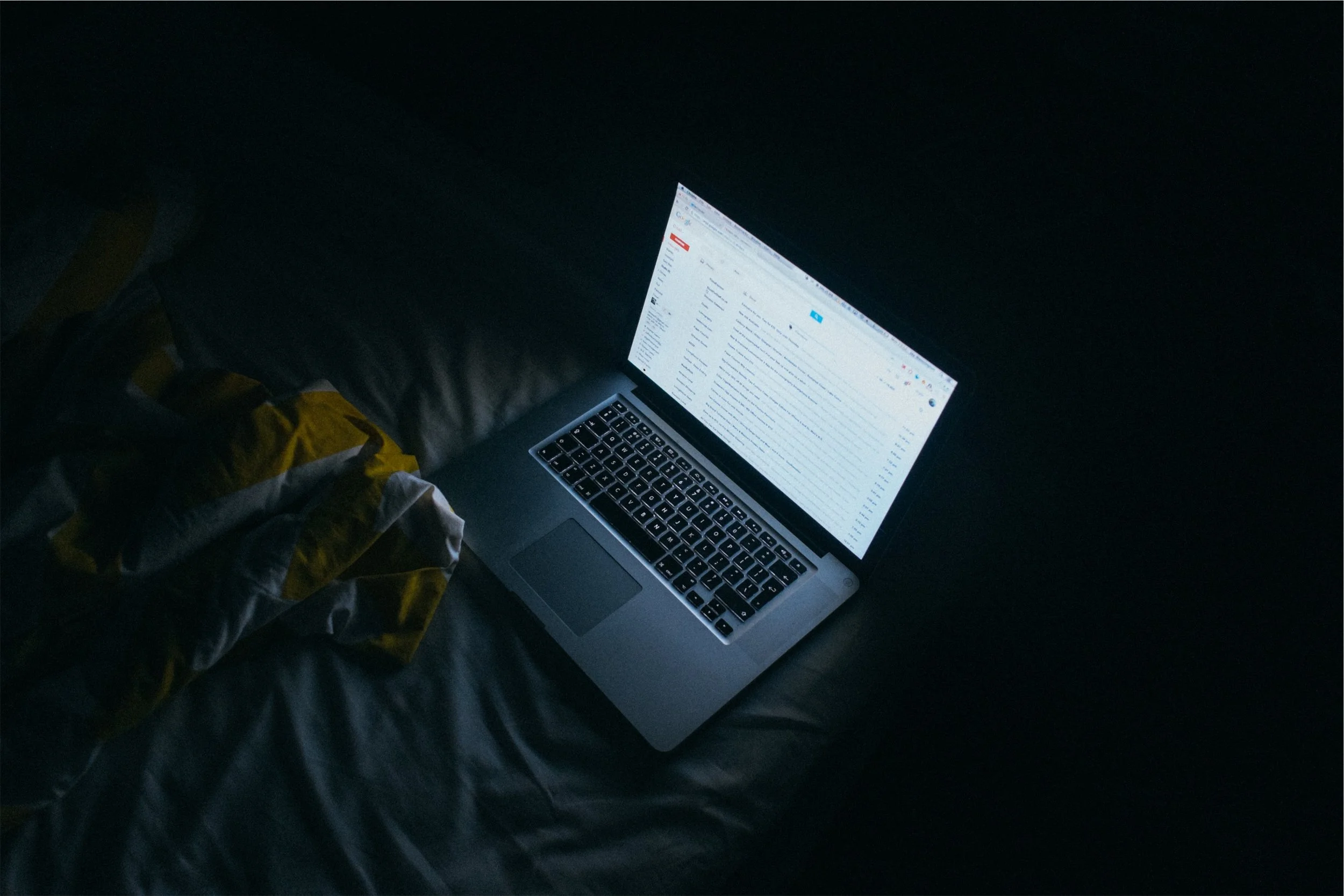Getting enough sleep is not a luxury reserved for the weekends or when you’re on vacation. Sure, we’re more likely to get a good night’s sleep when our schedules feel less cramped, or when there’s an inviting hammock swaying between two palm trees. But the reality of daily life is that your schedule is likely crowded for the long haul, and vacations only happen every so often throughout the year. You owe it to your health to get a good night’s sleep every night. Your body will thank you for it, too. It turns out that sleep has some very important connections to your health. Simply put, you can’t afford to skimp.
Optisom Partners with CoreHealth Technologies to Deliver Best-in-Class Sleep Health Solution to Help Employees Combat Sleep Deprivation
Sleep's Impact on Workplace and Employee Safety
Sleep deprivation can be a major predictor of accidents and injuries among fatigued workers and employees. Decision-making is compromised, and cognitive processes are slowed. The increased risk is stark and sobering.
That translates to wasteful injuries, but also lost productivity and potentially expensive health insurance and litigation costs. No sleep puts everyone involved at a higher risk for compromised safety. Dollar for dollar, employers who invest in the quality sleep of their employees come out on top.
The real deal on how much sleep we need: Why what we think we need is different from what we really need
It’s no secret that we all have our special preferences – just stand in line at the coffee shop and you’ll hear countless drink orders, from soy milk to vanilla flavoring or extra ice and cinnamon sprinkles. Knowing what we like and don’t like is part of what makes us human.
That doesn’t always make us right, though. Sometimes we don’t know ourselves as well as we’d like to think! Take sleep, for instance. Many of us think we have a handle on how much sleep we need. But scientific studies show otherwise. Over the long term, sleep deprivation and chronic lack of sleep actually make it harder for us to accurately gauge whether we are getting the appropriate amount of sleep.
Proving the Return On Investment and Productivity Gains of an Employee Sleep Wellness Program
Why Your Corporate Health Management Strategy Should Include A Sleep Program
If your inventory of the Monday morning conference table summons up images of bleary-eyed employees pouring a third cup of coffee to stay awake, or blotting away the cold symptoms they’ve been unable to kick, it’s probably time to rethink your organizations’s health management strategies. And it’s probably time to include a sleep program.
Cognitive Behavioral Therapy: The Key To Healthy Sleep
Insomnia is the most prevalent of all sleep disorders. This is due in part to the general nature of the diagnosis. Difficulty falling asleep, staying asleep, waking up too early, or feeling generally unrefreshed the next day all fall under the insomnia umbrella. Another reason why insomnia is so common is because sleep is easily disrupted by many things such as stress, illness, or even travel.
The Working Dead. Is Sleep Deprivation Turning Your Employees Into Zombies?
Restrict Caffeine For Better Sleep
Who doesn’t love a fresh cup of coffee, a bubbling caffeinated soft drink, or steaming mug of green tea? All around the world, people drink caffeinated drinks as part of their daily routine. Since caffeine is a stimulant, many of us reach for caffeine first thing after waking up to help us feel energized and alert.
Melatonin And Delayed Sleep Phase
Melatonin is a naturally occurring hormone that signals the body it’s time for sleep. It is not regulated by the FDA and a wide variety of supplements are available. Before considering melatonin it’s important to consult with your physician to be sure you are a good candidate. Although it is naturally occurring, additional supplementation may be associated with some side effects. Safety in the elderly, those with heart disease, and in pregnancy / breastfeeding has not been fully established. Better safe than sorry, check with your doctor.







